EEA: average CO2 emissions from new cars and new vans in Europe increased in 2018
Green Car Congress
JUNE 25, 2019
According to provisional data published by the European Environment Agency (EEA), the average CO 2 emissions from new passenger cars registered in the European Union (EU) in 2018 increased for the second consecutive year, reaching 120.4 For the first time, the average CO 2 emissions from new vans also increased. g CO 2 /km.


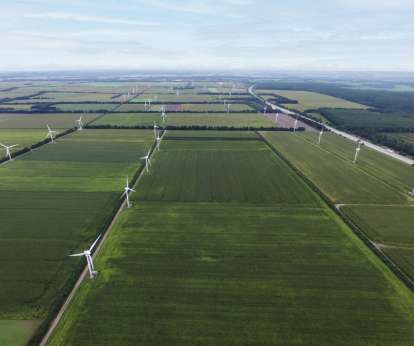


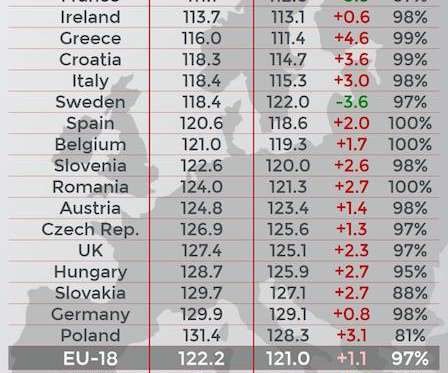
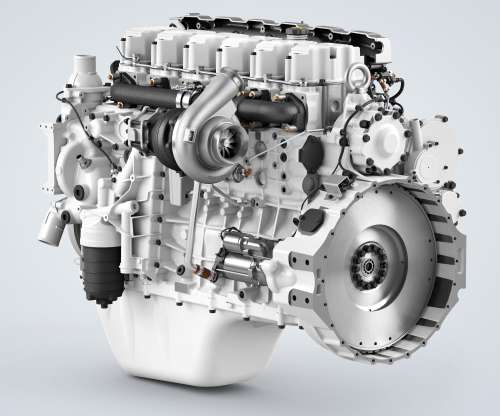




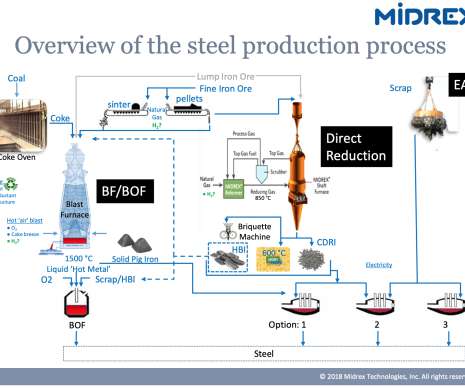
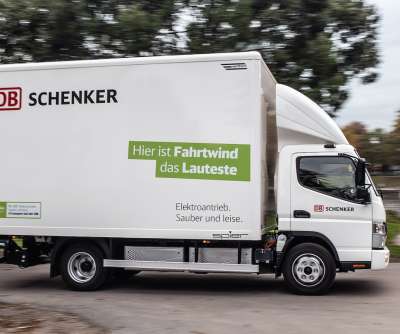






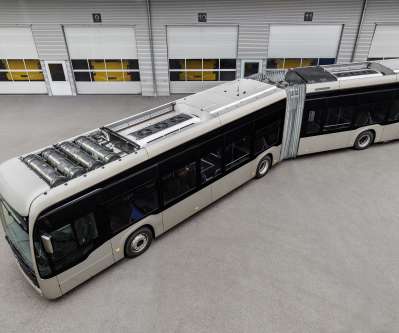







Let's personalize your content